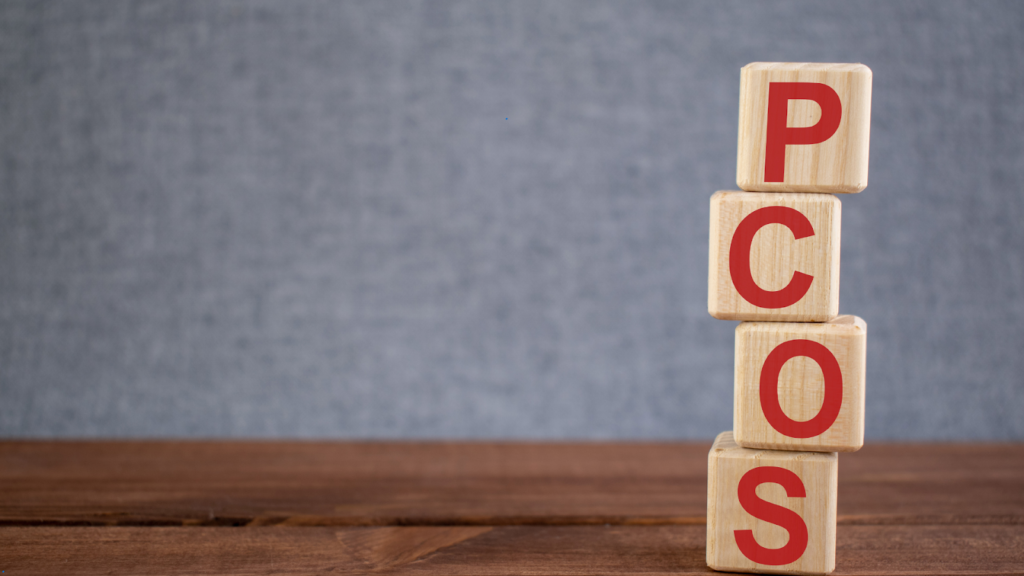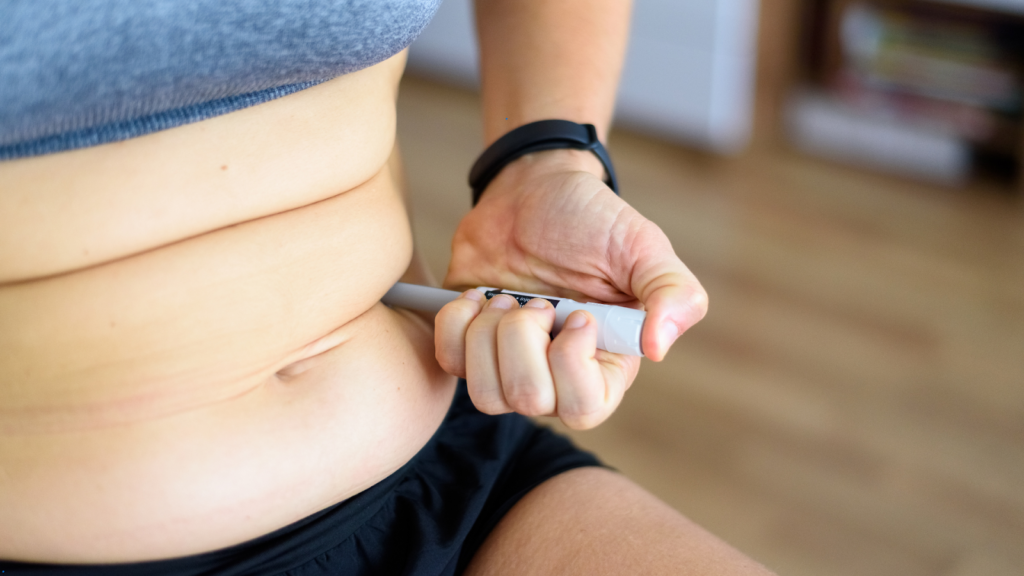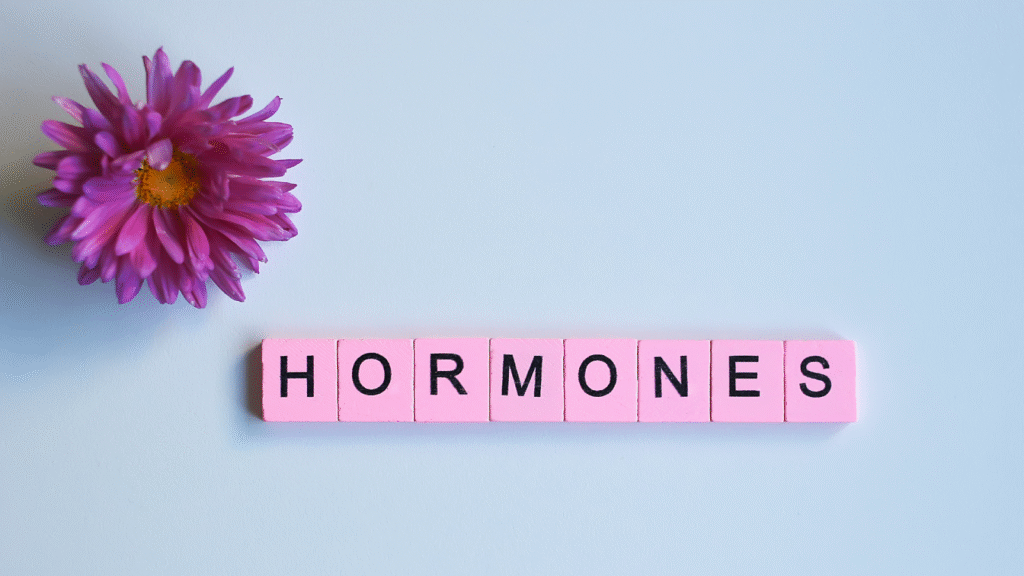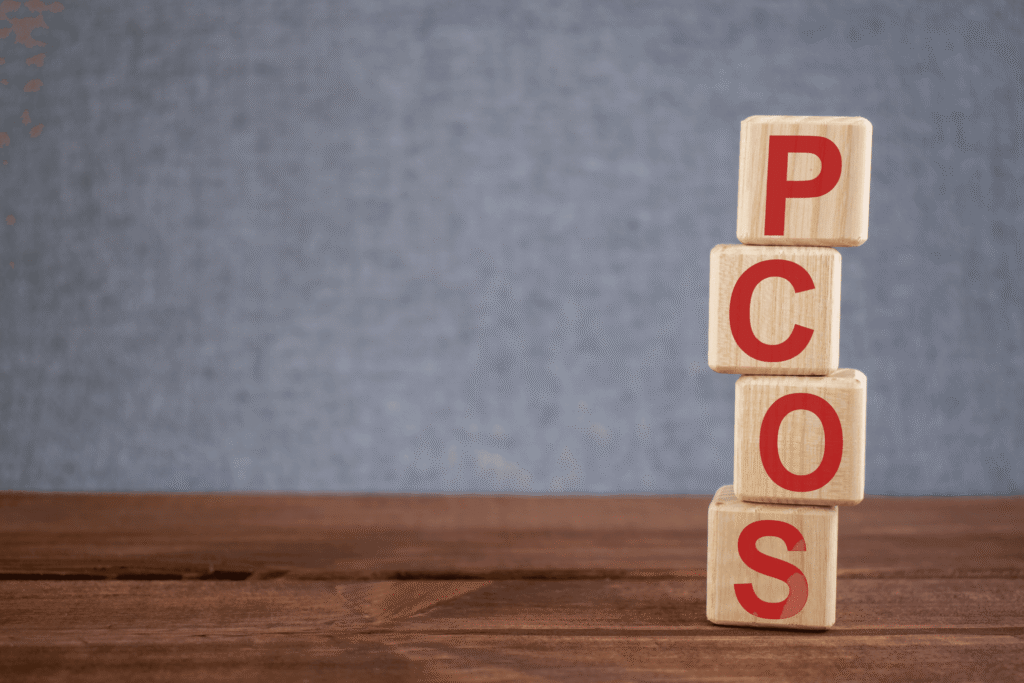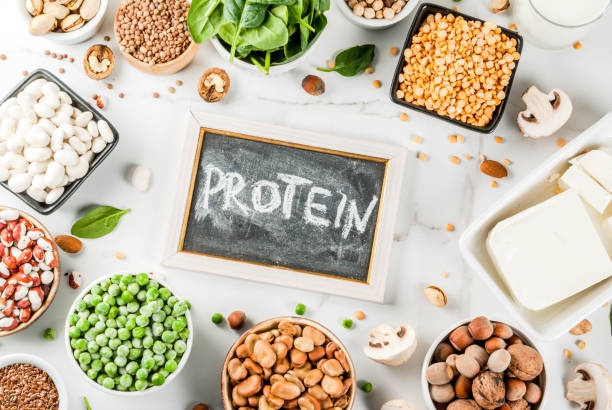Are Indian Fasting Practices Still Healthy Today?
Fasting has always been deeply rooted in Indian culture. From religious fasts like Ekadashi and Navratri to cultural practices observed across communities, Indian fasting was originally designed to cleanse the body, strengthen discipline, and restore metabolic balance. But in today’s world of long working hours, high stress, processed food and limited physical movement, the same fasting methods need careful rethinking. Why Fasting Worked Beautifully In The Past Traditional Indian lifestyles were physically demanding. Meals were fresh, home-cooked and unprocessed. Sleep cycles followed natural light. In that environment, fasting allowed the digestive system to rest, reduced inflammation, stabilised metabolism and improved insulin sensitivity. It also encouraged mindfulness and emotional discipline around food. Why Fasting Is More Complicated Today Today the Indian body is already under constant stress. Sitting for long hours, excessive screen exposure, lack of quality sleep, poor hydration, high sugar intake and emotional pressure all weaken digestion and hormonal balance. When fasting is done without adapting to this reality, it often causes acidity, dizziness, weakness, headaches, binge eating and extreme fatigue. When Fasting Can Be Powerfully Beneficial When done correctly, fasting still offers remarkable health benefits. It improves insulin sensitivity, supports fat burning, reduces inflammation, resets hunger hormones, enhances gut health and increases mental clarity. Many people experience better digestion, lighter body feeling and improved focus after structured fasting. When Fasting Becomes Harmful Extreme fasting, dry fasting, skipping meals randomly, breaking fast with fried foods and sugar, or fasting under high stress overloads the system and leads to hormonal imbalance, nutrient deficiencies and metabolic slowdown. For people with PCOS, diabetes, thyroid disorders, low blood pressure, anemia or digestive disorders, unsupervised fasting can do more harm than good. How To Fast Safely In Modern India Smart fasting focuses on preparation and recovery. Hydration is essential. Pre-fast meals must contain protein, fibre and healthy fats to stabilise blood sugar. Breaking fast should be gentle with balanced meals, not junk or sugar. Sleep quality, stress management and light movement amplify fasting benefits. Listening to your body is more important than following rigid rules. Indian fasting traditions remain powerful tools for health and healing. But they must evolve with modern lifestyles. When practised with understanding and balance, fasting still supports metabolism, digestion and overall wellness beautifully. We, the best dietitian in India, value and respect your traditions and also your desire for the best health! Don’t let this be just another article… Call us at +91 6280234040 now! “Sehatmand Raho, Sukhi Raho!” (Stay Healthy, Stay Happy)
Are Indian Fasting Practices Still Healthy Today? Read More »


